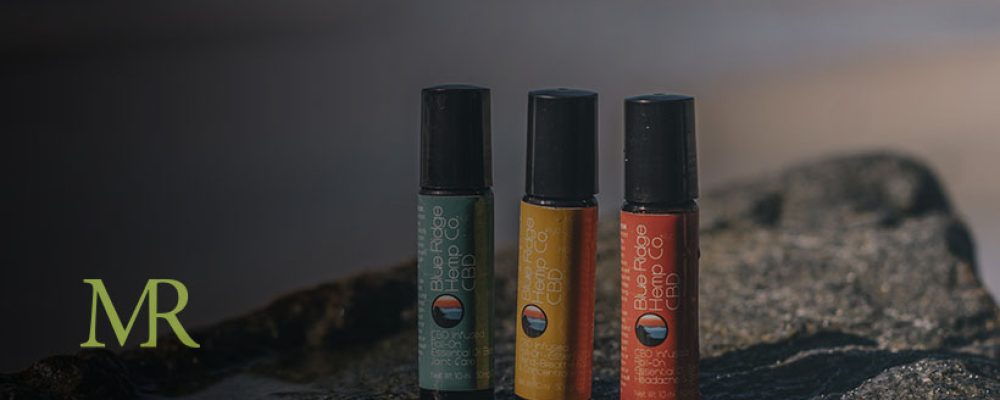Consumers are at risk of buying and using poor quality products containing CBD while the FDA cautiously considers new regulations for CBD products — leaving a wide disparity between quality, regulated products and items of unknown quantity or quality. Product potency and purity are unknowns when it comes to CBD-infused products and CBD oils. And it seems like more and more CBD-infused products are hitting store shelves, even those of pharmacy chains such as Rite Aid, CVS and Walgreens.
The 2018 Farm Bill made it legal for farmers to grow hemp plants with less than 0.3% THC, transferring oversight to the U.S. Food and Drug Administration (FDA). Additionally, the agency confirmed that it would oversee and regulate hemp-derived CBD products under 1938’s Federal Food Drug & Cosmetic Act (FD&C Act). But it’s not so simple. You see, how a CBD product is labeled and marketed to consumers determines if the FDA defines it as lawful or not.
According to the FDA’s website, even if a CBD-containing product meets the definition of ‘hemp’ under the terms of the Farm Bill, it must still follow all other applicable laws, including the FD&C Act. That’s where it gets sticky. The FDA does not currently allow CBD-infused food, drinks or dietary supplements to be sold. It has not reached a final decision on regulating hemp-derived CBD products.
Don’t think for a minute that has stopped the health and wellness industry from following the lead of the cosmetic makers, which aren’t bound by the same strict labelling parameters like drugs, food or dietary supplements. The FDA’s definition of cosmetics fits the application methods of many hemp-derived CBD products — things meant to be rubbed, poured, sprinkled or sprayed on the human body. Cannabis and cannabis-derived ingredients also fall under the umbrella of what’s considered ‘cosmetic products and ingredients’, and those aren’t subject to premarket FDA approval.
But, for safety’s sake, it is important for CBD-infused health and beauty products to have regulated labels, just like the FDA regulations that are on the books for cosmetic product labeling standards. Therefore, labels for CBD-infused health and beauty products should include the following stipulations:
- Not be false of misleading
- Not violate the Poison Prevention Packaging Act of 1970
- Properly display label information
- Provide required information (includes identity statement, statement of contents quantities, name and place of business, distributor statement, material facts, warning or caution statements, and ingredients)
Additionally, any claims about treating diseases and conditions should be eliminated from marketing, labeling or product displays. Otherwise, the FDA classifies the product as a drug and that could spell trouble with a capital T. Labels cannot claim to treat or prevent any diseases or claim to do anything that affects the structure or function of the body. Companies that violate this rule will most likely receive an FDA warning letter, which is a huge detriment to a company’s integrity.
Some CBD companies follow strict labeling standards voluntarily, knowing that there’s not sufficient regulatory oversight. Because many consumers already treat CBD as a dietary supplement, some companies are looking ahead — they anticipate that hemp-derived CBD products will be labeled and regulated just like any other dietary supplement.
Chase Terwilliger, CEO of Balanced Health Botanicals, said that strict FDA labeling standards would give consumers better access to high-quality products. Balanced Health Botanicals, based in Denver, is the parent company of CBDistillery.
In an interview with Weedmaps News, Terwilliger said, “As a company that follows the most stringent guidelines, we at CBDistillery have a strong opinion and hope that hemp-derived CBD products will be labeled and regulated as they are with any other dietary supplement.”


